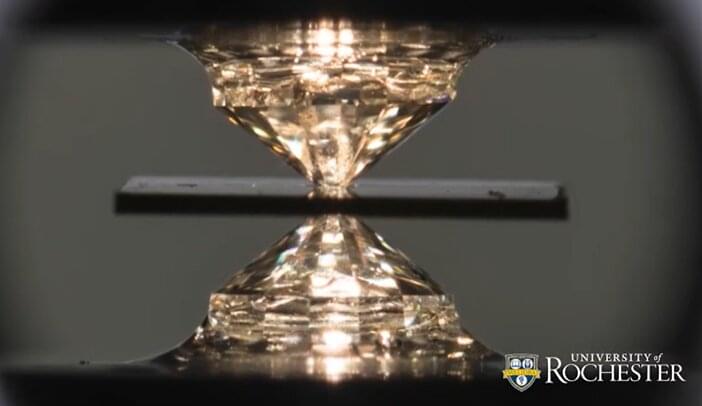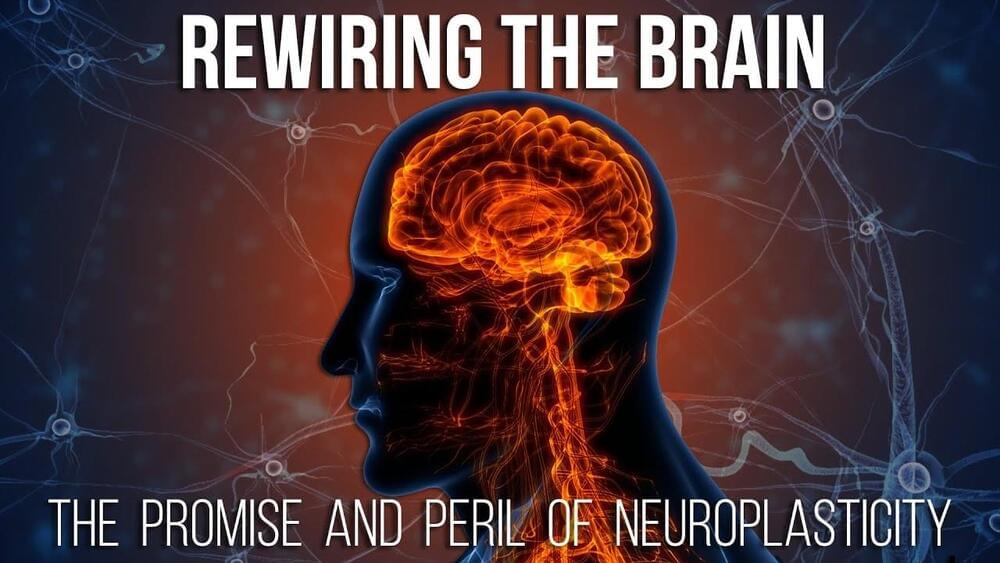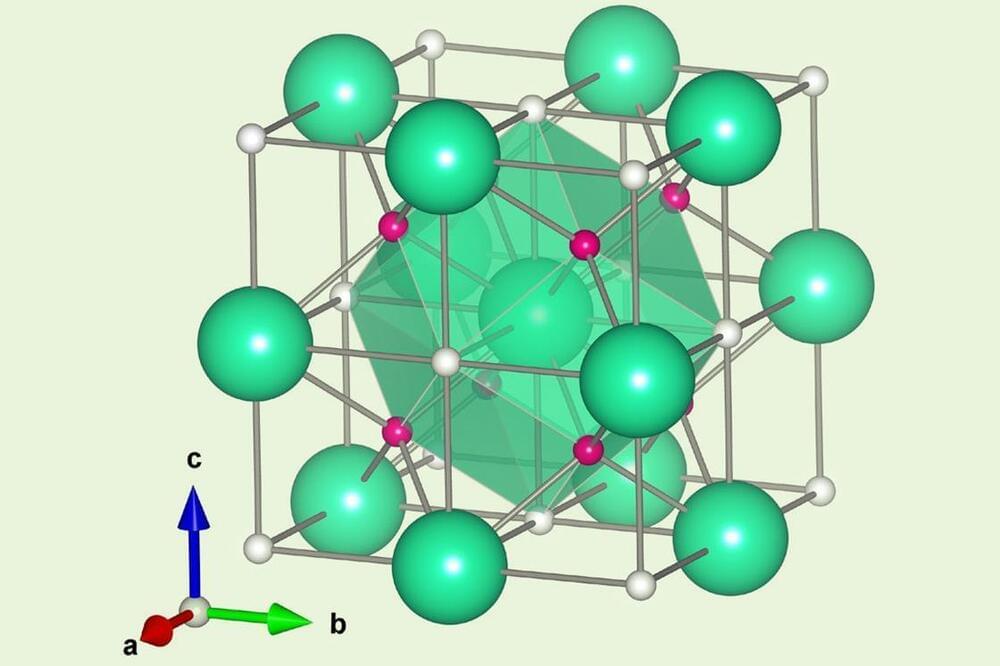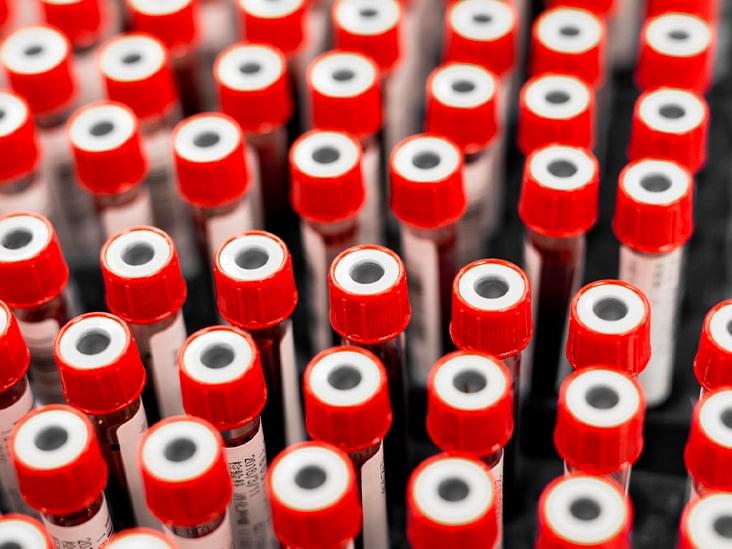Page 2958
Mar 9, 2023
Viable superconducting material created at low temperature and low pressure
Posted by Dan Breeden in categories: chemistry, computing, engineering, physics

In a historic achievement, University of Rochester researchers have created a superconducting material at both a temperature and pressure low enough for practical applications.
“With this material, the dawn of ambient superconductivity and applied technologies has arrived,” according to a team led by Ranga Dias, an assistant professor of mechanical engineering and physics. In a paper in Nature, the researchers describe a nitrogen-doped lutetium hydride (NDLH) that exhibits superconductivity at 69 degrees Fahrenheit (20.5 degrees Celsius) and 10 kilobars (145,000 pounds per square inch, or psi) of pressure.
Continue reading “Viable superconducting material created at low temperature and low pressure” »
Mar 9, 2023
Rewiring the Brain: The Promise and Peril of Neuroplasticity
Posted by Dan Breeden in category: neuroscience

Human enhancement has long been depicted as having the potential to help but also harm humanity. Brian Greene talks with Neuroscientists Takao Hensch, John Krakauer and Entrepreneur Brett Wingeier about their experiments using brain plasticity to heal illness, improve cognitive and athletic performance. They also raise warning flags about the race to build a more perfect human.
This program is part of the Big Ideas series, supported by the John Templeton Foundation.
Continue reading “Rewiring the Brain: The Promise and Peril of Neuroplasticity” »
Mar 9, 2023
Record room-temperature superconductor could boost quantum computer chips
Posted by Dan Breeden in categories: chemistry, climatology, computing, particle physics, quantum physics, sustainability
Companies could one day make superconductive quantum computer chips that function at room temperature thanks to a new material from researchers in the US. Ranga Dias from the University of Rochester and colleagues made a material superconductive at 21°C and pressures less than 1% of those used for existing high-temperature superconductors. ‘The most exciting part is the pressure,’ Dias tells Chemistry World. ‘Even I didn’t think this was possible.’
Together with Ashkan Salamat’s team at the University of Nevada, Las Vegas, the scientists say that electrical resistance in their nitrogen-doped lutetium hydride falls to zero at room temperature. Making room-temperature zero-resistance materials is a chemistry ‘holy grail’ and could fight climate change by reducing the 5% of electricity lost as heat while flowing through the grid.
However, Dias and Salamat’s team hasn’t been able to fully confirm the new material’s structure. As hydrogen atoms are so small they don’t easily diffract the x-rays used to work out the material’s composition. And this is an important reservation, considering the publisher of the team’s previous high-temperature superconductor paper retracted it.
Mar 9, 2023
The Search for Extraterrestrial Life as We Don’t Know It
Posted by Dan Breeden in category: alien life
Scientists are abandoning conventional thinking to search for extraterrestrial creatures that bear little resemblance to Earthlings.
Mar 9, 2023
Computer modelling for molecular science — with Sir Richard Catlow
Posted by Jose Ruben Rodriguez Fuentes in categories: bioengineering, computing, genetics, information science, nanotechnology, science, space

High-performance, realistic computer simulations are crucially important for science and engineering, even allowing scientists to predict how individual molecules will behave.
Watch the Q&A here: https://youtu.be/aRGH5lC0pLc.
Subscribe for regular science videos: http://bit.ly/RiSubscRibe.
Continue reading “Computer modelling for molecular science — with Sir Richard Catlow” »
Mar 9, 2023
Heart disease risk: Protein test more accurate than cholesterol
Posted by Genevieve Klien in categories: biotech/medical, health
The health of the heart and blood vessels is vital to body function. Early screening can help people understand their risks and potentially prevent adverse health outcomes.
Testing cholesterol levels is important, but another test can further help identify the risk for cardiovascular disease: apolipoprotein B-100 (ApoB) levels. This protein helps transport cholesterol throughout the body.
Testing for the level of this protein in the blood may help identify people who are more at risk for cardiovascular disease, even when cholesterol levels are normal.
Mar 9, 2023
From deepfakes to Bing’s chatbot, AI-generated content is everywhere. Here’s how to spot it
Posted by Genevieve Klien in category: robotics/AI
Here’s what you can do to detect AI-generated content.
AI detection tools exist
There are several tools available to the public that can detect text generated by large language models (LLM) — the more formal name for chatbots like ChatGPT.
Mar 9, 2023
A Hardy Enzyme May Hold Key to Creating Power Out of Thin Air
Posted by Genevieve Klien in categories: energy, innovation
A recent scientific breakthrough could see electricity being generated using nothing but the atmosphere, with perhaps a little added hydrogen.
The process involves an enzyme made by bacteria to help them grow and survive in environments including volcanic craters and Antarctica. The enzyme, called Huc, has been found to produce a small electrical current by consuming hydrogen in the air as a source of energy, researchers said in a paper published Wednesday in scientific journal Nature.
Mar 9, 2023
Wish You Could Read Minds? With AI’s Help, Maybe We Can
Posted by Daniel Sunday in category: robotics/AI
Scientists trained AI to analyze brain scans and visually recreate what people were perceiving.















